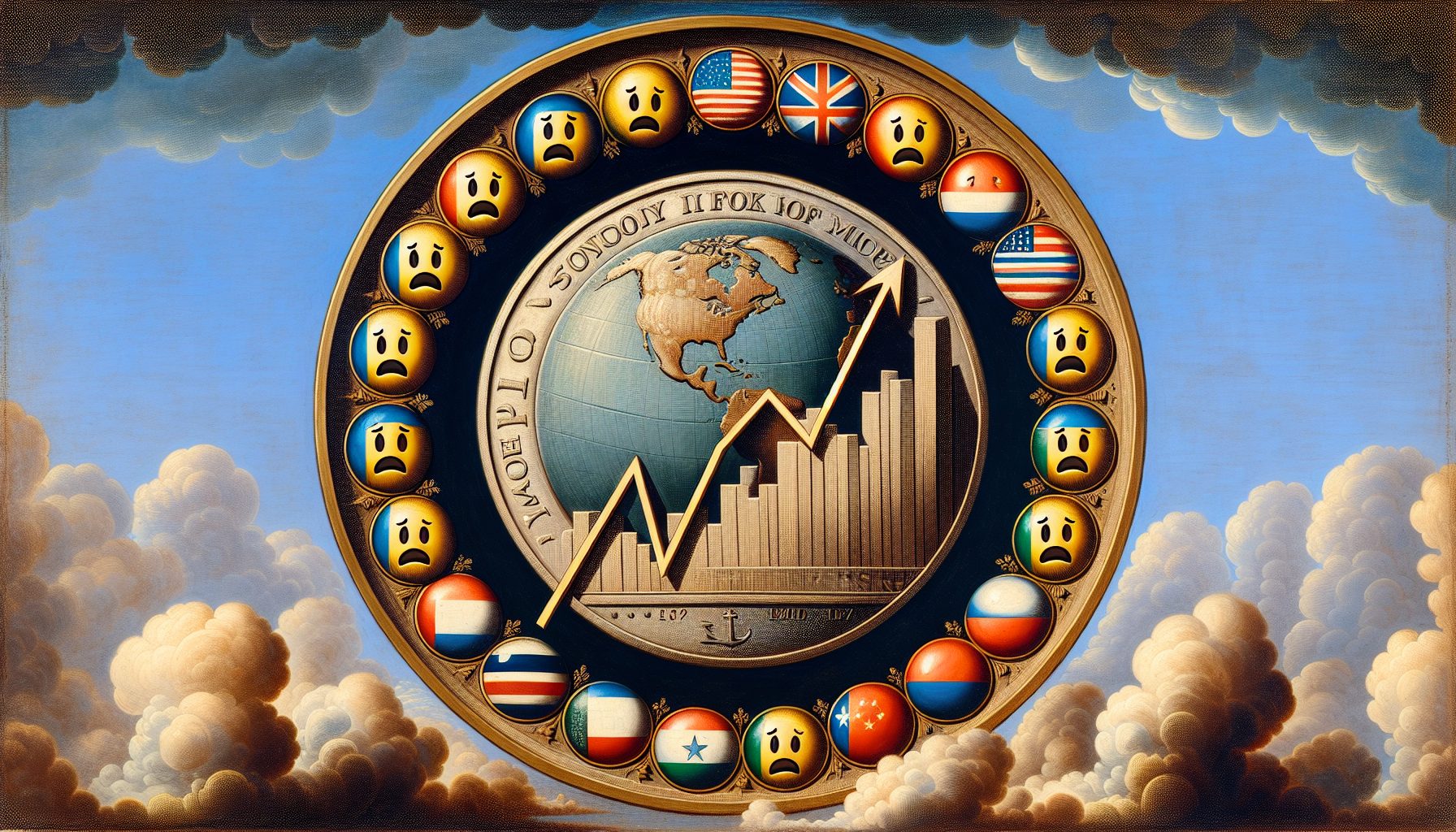Unexpectedly, the US dollar is surging in global foreign exchange markets, causing rising anxieties. Predicted declines due to the US economy’s deceleration and the Federal Reserve’s accommodating stance are being negated.
Experts attribute this unforeseen dollar rally to several factors, including recent developments in the US-China trade negotiations that have renewed optimism among investors. Also, fears over rising global growth jitters are driving investors towards safe haven assets like the US dollar, adding demand and increasing dollar value.
Initially, the Federal Reserve’s inclination towards lower interest rates was predicted to put downward pressure on the dollar, but global economic uncertainty is keeping the dollar in demand.
Escalating tensions in global economic landscapes fuel unpredictability in the foreign exchange markets. The movement of the US dollar will continue to be closely scrutinized as investors grapple with these sentiments of uncertainty.
The US dollar’s upward trend is driven by recent US inflation statistics and Middle East conflicts, which increase dollar demand. This has prompted uncertainty over an expected rate cut by the Federal Reserve and speculation of a possible slowdown in rate cuts due to escalating domestic inflation rates and geopolitical uncertainties.
Divisiveness and protectionism are complicating the situation amid speculation about future tariff policies under potential re-elections of President Biden or Donald Trump.
Surging dollar influences global economic stability
Such policies could destabilize global markets and fuel inflation.
Despite a strong dollar, European growth statistics remain slow and sluggish. The European Central Bank (ECB) is expected to cut rates in June, yet it reaffirms its commitment to price stability, ignoring potential impacts on exchange rates.
The strong dollar is also causing difficulties for Japan and China, who are implementing strategies to strengthen their currencies amidst an unstable global financial market. Efforts, however, are limited by substantial changes in US monetary policies.
China’s situation is worsening with a significant manufacturing trade surplus, dwindling faith, and departing overseas businesses, resulting in capital outflow and strain on the renminbi. As the Chinese government struggles with slow growth rates, stock market volatility, and rising corporate debt, international investors become increasingly wary. The repercussions are felt worldwide, affecting markets from Australia to the US.










